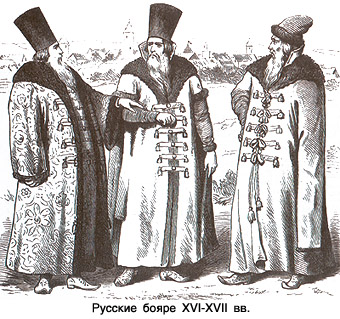In today's #vatnik soup I'll talk about windows and heart attacks. Most of you have read about the mystery deaths of Russian businessmen, but let's look at them in more detail - some of them are quite strange.
1/10
1/10

But before we move on to the deaths, a little history lesson in ownership and wealth in Russia: at the time of the Czars there was a ruling nobility class called the boyars. They met in a group called Duma and adviced the Czar and the Princes.
2/10
2/10

After the Time of Troubles ("smuta"), boyars lost their possessions and properties to the Czar, and were granted a "temporary right of possession". Basically, everything they owned could be taken away from them at anytime by the Czar and/or the state.
3/10
3/10

This same tradition was continued in a similar form in Soviet Union ("nomenklatura").60% of Russia's current leadership comes from the Soviet nomenklatura.
After the collapse of the USSR, some Russian businessmen were given a chance to do business with state-owned natural ...4/10
After the collapse of the USSR, some Russian businessmen were given a chance to do business with state-owned natural ...4/10

... resources such as gas and oil. These businessmen were called oligarchs, and these deals made many of them extremely rich. It basically gave you a free pass for corruption. As long as you didn't steal too much (like Khodorkovsky did), business could go on as usual.
5/10
5/10

Early this year, oligarchs started dying like flies. First of them was Leonid Shulman, 60, a Director of Transport at Gazprom. His death was ruled as a suicide. In Feb, CEO and former governor Igor Nosov died at the age of 43. He reportedly suffered a stroke.
6/10

6/10


Alexander Tyulakov, another Gazprom executive died at 61 by alleged suicide. CEO Vasily Melnikov died along with his family at age 43.
Former VP of Gazprom, Vladislav Avayev, 51, was found dead along with his wife and 13-year old daughter.
7/10


Former VP of Gazprom, Vladislav Avayev, 51, was found dead along with his wife and 13-year old daughter.
7/10



Gazprom director Sergey Protosenya, 55, was found hanged in Spain. Andrey Krukovsky, 37, allegedly "fell of a cliff".
Then there was a board member of Lukoil, Alexander Subbotin, age 31, who died from a "drug-induced heart attack during a shamanic ritual".
8/10

Then there was a board member of Lukoil, Alexander Subbotin, age 31, who died from a "drug-induced heart attack during a shamanic ritual".
8/10


Many more died of heart problems or falling from high places.All of them had connections with the Kremlin. Bill Browder (@Billbrowder) has suggested that Putin has personally ordered the executions of these people after they have questioned the Czar's authority.
Who's next?
9/10
Who's next?
9/10

Related soups:
Russkiy mir 1:
Russkiy mir 2:
10/10
Russkiy mir 1:
https://twitter.com/P_Kallioniemi/status/1605841722784632833
Russkiy mir 2:
https://twitter.com/P_Kallioniemi/status/1606223666726961152
10/10
• • •
Missing some Tweet in this thread? You can try to
force a refresh

































